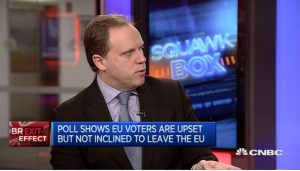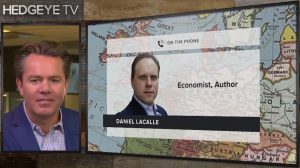
If EU countries get used to ultra-low rates the risk of multibillion nominal and real losses in bond portfolios and pension funds is enormous, because the tiniest tilt in inflation will make the house of cards collapse. Goldman estimates losses of $2.5 trillion worldwide from a 1% rise in inflation. It is so relevant that if interest rates raised a stunted 1% in the EU it would lead to massive budget cuts to maintain current deficits.
Of course, Draghi does not stop repeating, and he did it again on Thursday, that this period of excessive liquidity must serve to correct imbalances and implement structural reforms. But no one seems to listen. Cheap money calls for cheap action. More “fiscal stimulus” and more spending.
Draghi, knowing that almost no eurozone economy could absorb the rate hikes and increased risk if the repurchase program ended in March 2017, as it was announced, decided on Thursday to extend it until December although “reducing” the pace of purchases. That is, kick the can forward and an optical reduction because tapering from 80 to 60 billion per month is irrelevant when excess liquidity in the system has soared from about $ 125 billion to $ 1 trillion in the QE program period.
With this measure, Draghi seeks to achieve two things: That governments reconsider their positions and put structural measures in place without creating a serious liquidity problem. On the other hand, to help the yield curve reflect a slight rise that helps banks out of the hole in which they are with negative interest rates.
The problem is that the structural challenges of the European economy -demography and overcapacity- are not solved by perpetuating imbalances because governments and economic agents simply get used to seemingly temporary measures as if they were eternal.
Daniel Lacalle is a PhD economist and author of “Life In The Financial Markets” and “The Energy World Is Flat” (Wiley)
@dlacalle_IA





